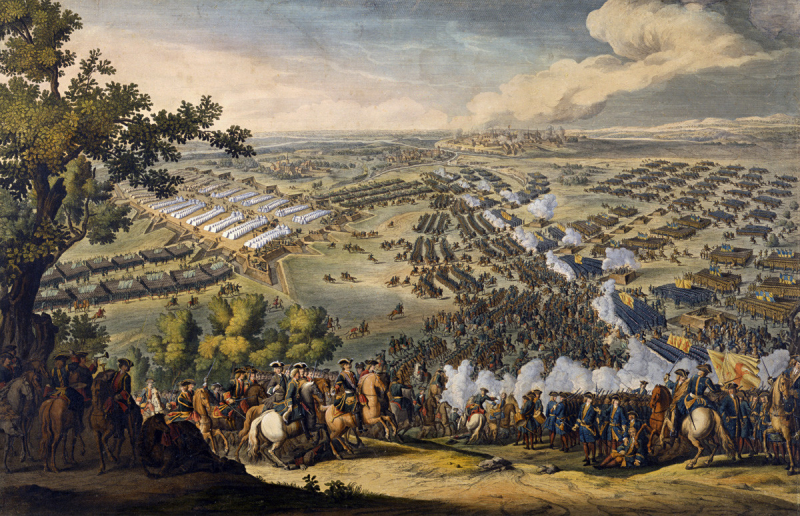Battle Of Poltava
Although it was a pivotal turning point in north and east European affairs in the 17th and 18th centuries, the Great Northern War may be a forgotten struggle today. It would forever alter the balance of power on the continent and was fought between Sweden, one of the major European powers at the time, and the Polish-Lithuanian Commonwealth, Denmark-Norway, and Russia at various points.
Russia fought to the last end, but the other belligerents were soundly defeated early on. After a series of unsuccessful offensives elsewhere, Swedish forces under Charles XII chose to raid the Russian bastion of Poltava in what is now central Ukraine. This was the turning point in the conflict.
It would prove to be a costly oversight that would irrevocably terminate Swedish hegemony in the area. In addition to the traditional historical disadvantage of confronting Russian forces on home soil, the Swedish army was outnumbered and struggled with a lack of coordinated action. Nearly 10,000 Swedish soldiers had been killed or taken prisoner by the time the battle was completed, and Charles had to retreat to Ottoman territory to avoid being apprehended. Russia became the dominating force in the Baltics and Poland as a result of the fight, which effectively brought an end to the Swedish empire.
Date: 8 July 1709
Location: Poltava, Cossack Hetmanate, Russian Empire (present-day Ukraine)
Result: Russian victory












